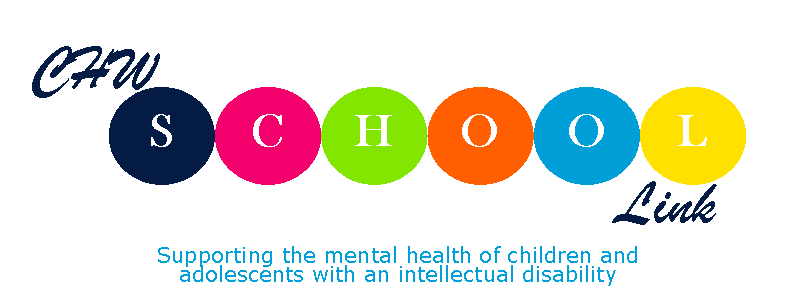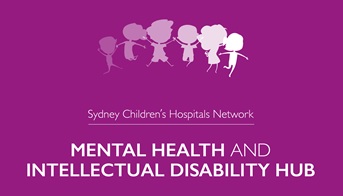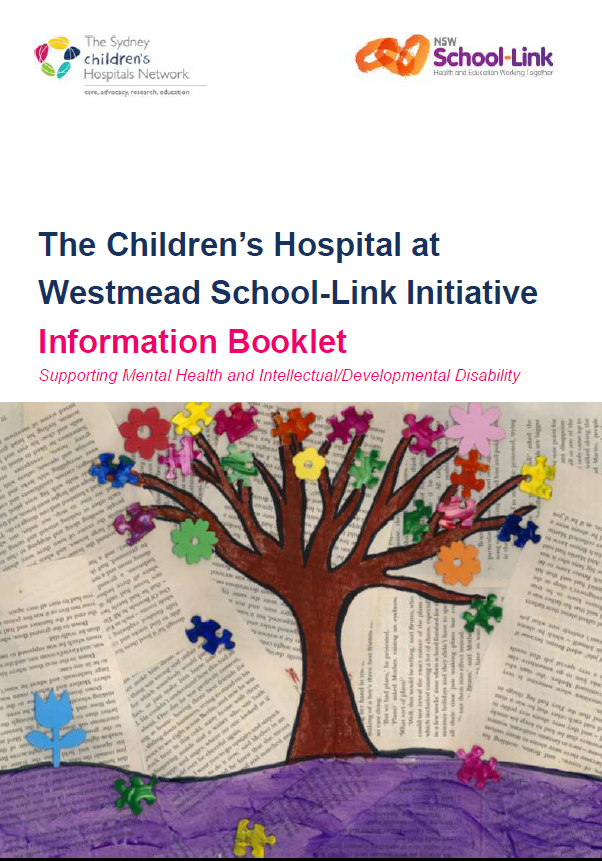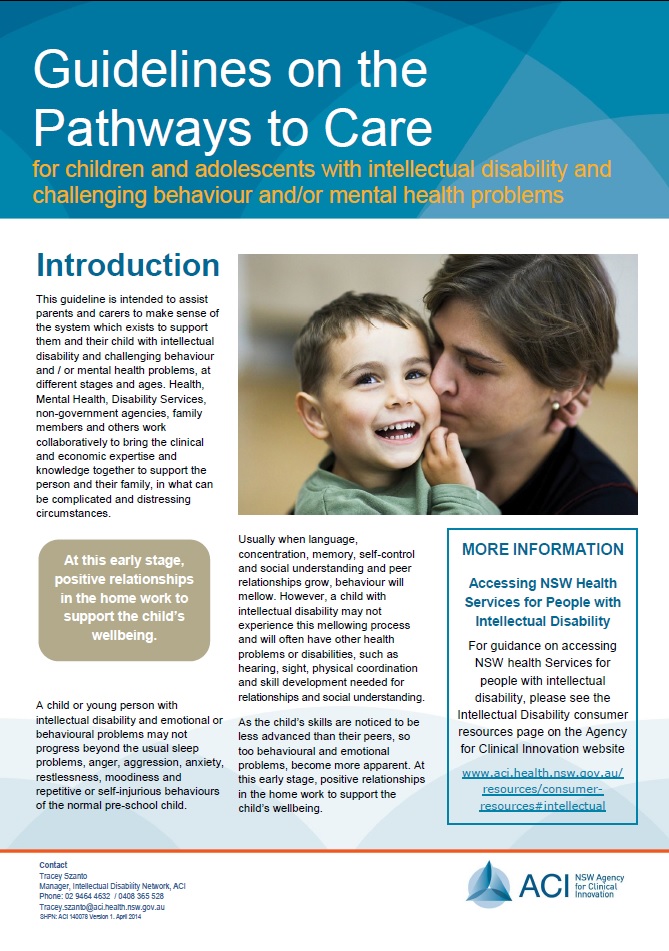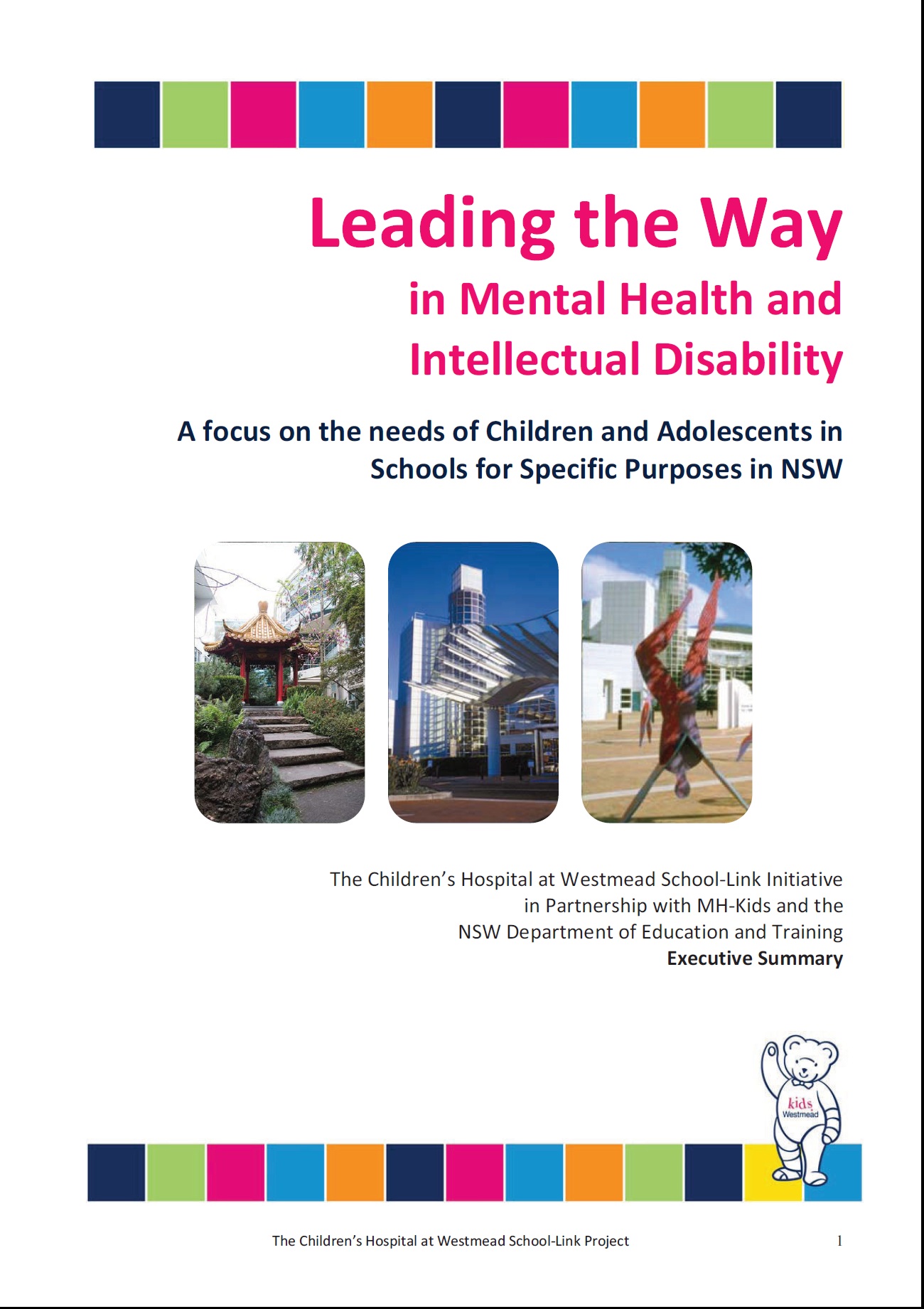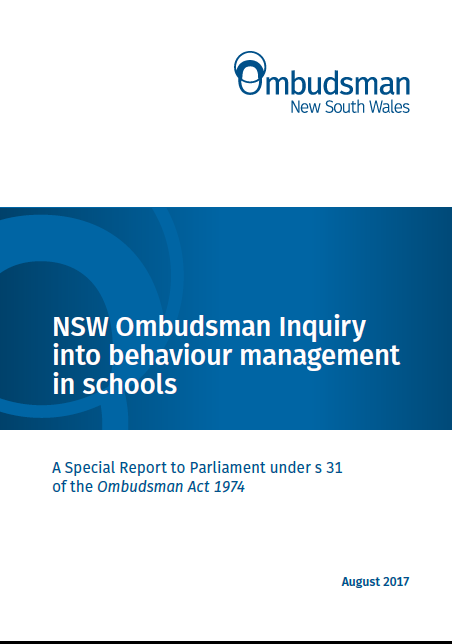Mental Health and Intellectual Disability Hub Kids Webinar Series
About the Kids Webinar Series
NSW CAMHS Clinicians, Psychiatrists, Paediatricians, LHD staff and our SCHN colleagues are invited to view any of our Mental Health and Intellectual Disability (MHID) Hub Kids Webinar recordings or live sessions.
The Kids Webinar Series Launch Program Recordings
To launch the MHID Hub Kids Webinar Series we held a program in July 2020 covering the following theme: An introduction to differences in psychiatric diagnosis and treatment for young people with intellectual disability and autism. Please find a link to the on-demand recordings and copy of the slides below:
2020 Topics
1. Managing hospital presentations and inpatient admissions for children and adolescents with developmental disability (To be uploaded )
2. Self-injurious behaviour and children & adolescents with intellectual disability (70 mins) by David Dossetor
3. Cognitive Behavioural Therapy (CBT) for Children with Autism (70 mins) by Phil Ray
2021 Topics
1. Are we nearly there? Caring for a child with intellectual and developmental disability: a road map from a developmental psychiatrist by Dr David Dossetor, Child Psychiatrist -Sydney Children’s Hospital Network* hosted by The Hunter New England and Central Coast Primary Health.
2. Making sense of sensory processing problems: assessment and treatment strategies by Nicolette Soler, Occupational Therapist, Sydney Children’s Hospital Network. View the slides here.
3. Teaching emotion skills to promote the mental health of autistic children with the Westmead Feelings Program by Dr Michelle Wong, Clinical Psychologist, Sydney Children’s Hospital Network. View the recording and copy of slides here.
4. Post traumatic stress disorder and anxiety in developmental disorders by Dr Veena Raghupathy, Child Psychiatrist, Sydney Children’s Hospital Network, View the slides here.
5. Banging my head: ASD and the role of attachment based therapy (Circle of Security) by Dr Linda Tran. View the slides here.
6. How to do a clinical developmental assessment: A tribute to Lorna Wing (1928-2014) by Dr David Dossetor, Child Psychiatrist. View the slides here. View the Handicap Behaviour Skills Schedule here and view the score sheet here.
This webinar is an introduction to assessing child development as a central skill to developmental psychiatry or understanding the significance of emotions and behaviour in children with intellectual disability, autism and other neurodevelopmental problems. Lorna Wing, along with Judith Gould, wrote the Handicaps Behaviour Skills Schedule (HBS) in 1980 and the webinar outlines the importance and relevance of this assessment tool. The HBS is briefly compared to the Diagnostic Interview for Social and Communication Disorders and the Autism Diagnostic Interview-Revised . Implications for adjustment and attachment will be outlined.
2022 topics
1. One year of infant and toddler neuropsychiatry. Lives after graduation from NICU by Dr Linda Tran, Child Psychiatrist. Link to the ON-DEMAND RECORDING here.
Dr Linda Tran, will reflect on her fellowship year treating infants and toddlers under 5 years of age. Linda will present case studies to highlight insights into the fascinating world of infant psychiatry.
2. Carers, Our Partners in Care by Barbara Lewis, Manager Carer Support Service NSLHD.
Carer Support Services support the recognition and process of carers as partners in health care. Barbara will outline her experience in working with carers to improve health outcomes. Barbara will provide some examples of how this has assisted children with co-existing mental health and intellectual/developmental disabilities.
3. Behaviour Support and the NDIS: How to support your client to get a better plan by Tanya Shenoy, NDIS Mental Health Officer SCHN. Access the slides here.
- An overview of Behaviour Support and how to request a Plan Review
- Practical examples on how Behaviour Support can support students with a disability who present with behaviours of concern
- How to find NDIS registered Behaviour Support Clinicians
4. Sensory Systems: What are they and how can we work with them? by Ellen Mcbriarty, Occupational Therapist, SCHN MHID Hub. Slides will be posted shortly.
Childhood sensory development can be key to functional participation as an adolescent/adult. This presentation reviews how we notice, assess and plan for disrupted sensory development, and how we can use sensory strategies in everyday intervention to support the populations we work with at The Children’s Hospital at Westmead.
5. How Old is My Child? Chronological versus Developmental Age: Typical Child Development and its relevance in Neurodevelopmental Disorders by Dr Linda Tran, Child Psychiatrist
This talk walks through three clinical examples of neurodevelopmental disorders (mainly intellectual disability). Defining the developmental milestones helps setting the case’s developmental context which in turn informs diagnosis and management for carers and treating teams alike. Various domains will be explored including social, emotional and gross and fine motor skills to help determine the developmental age of a child.
2023 topics
1. Adapting CBT for children and adolescents with Intellectual Disabilities by Dr Anastasia Hronis, Clinical Psychologist
Dr Anastasia Hronis presents her research into adapting therapy for children and adolescents with mild to moderate intellectual disabilities, with a specific focus on CBT. She discusses the development of the Fearless Me program and how this has been used with young people with anxiety. The program is freely accessible for clinicians to use with clients. Please find a copy of the slides here, a copy of the research article and the Fearless Me manual.
2. Autism and Mental Health: Myths and Facts by Dr Vinita Bansal, Child Psychiatrist Presnetation will be uploaded soon
In this refresher webinar, Dr Vinita Bansal will cover the basics of autism and how this developmental disability intersects with mental health. Vinita will be available to answer your questions about autism.
3. ID, Autism and Psychosis: is it a confusion or a thing? by Dr Kenneth Nunn, Child Psychiatrist
This presentation discusses the differences and similarities between intellectual disability, autism and psychosis. Access the presentation here. Access the presentation slides here. Ken has kindly supplied the following documents: a slide on psychosis in adolescents without speech, a previous presentation on neurodevelopment and trauma and trauma and disrupted attachment. Ken has also supplied his 2023 article on A brief functional overview of the brain: thinking about thinking as you start clinical training in neurodevelopment.
4. Severe and chronic self-injurious behavior (SIB) in children and youth with Autism by Dr Robin Friedland, a child psychiatrist from BC Children's Hospital in Vancouver, Canada. Access the slides here
SIB occurs in nearly 50% of children and youth with Autism. The focus of this talk will be on severe and chronic SIB , fortunately a much less common phenomenon, but associated with significant injury, stress on the family and cost to the system. There are no clear guidelines on how to manage these children. Treatment is often ineffective and persistence of SIB is extremely common.
In 2017, at BC Children's Hospital in Vancouver, Canada, we established a multidisciplinary clinic to better understand these challenging children and in 2022 we published a paper on our findings in the first 30 children assessed in this clinic. This talk will outline what we have learned about these children and an approach to management.
To be notified of future events please sign up to our e-list here.
